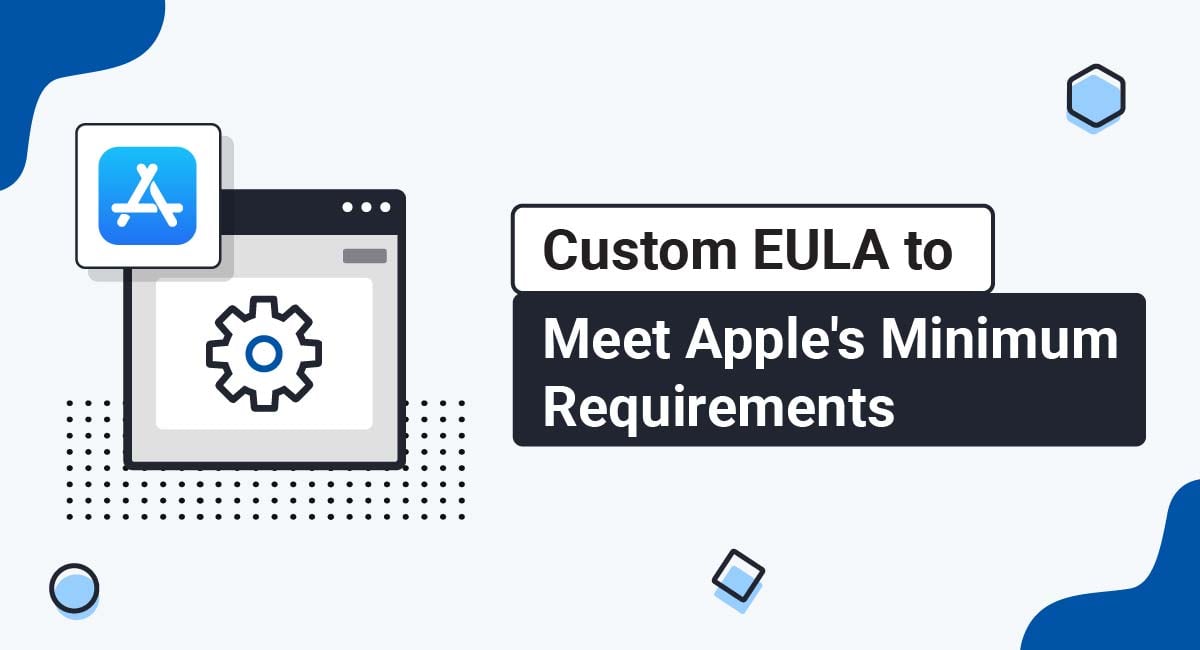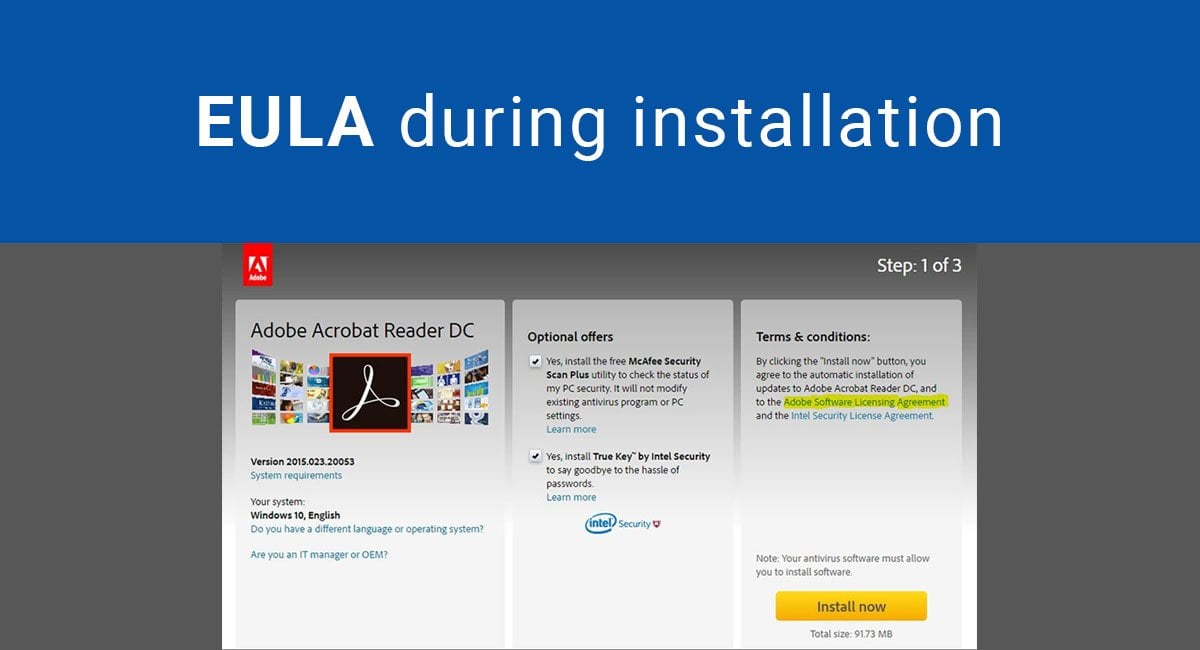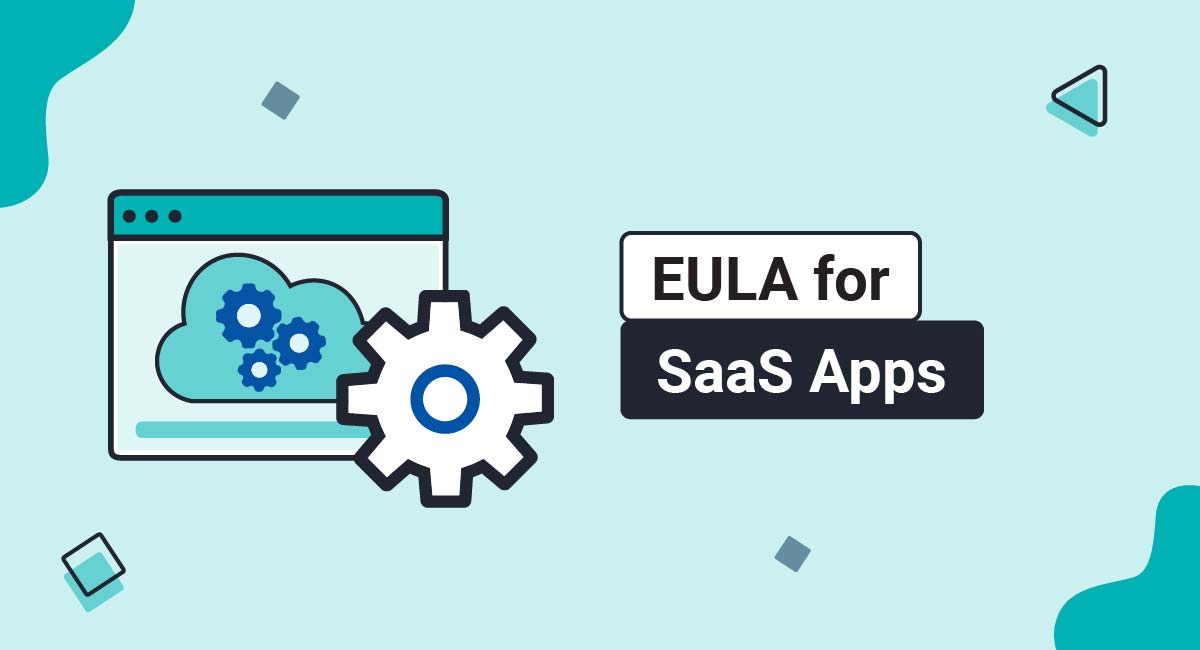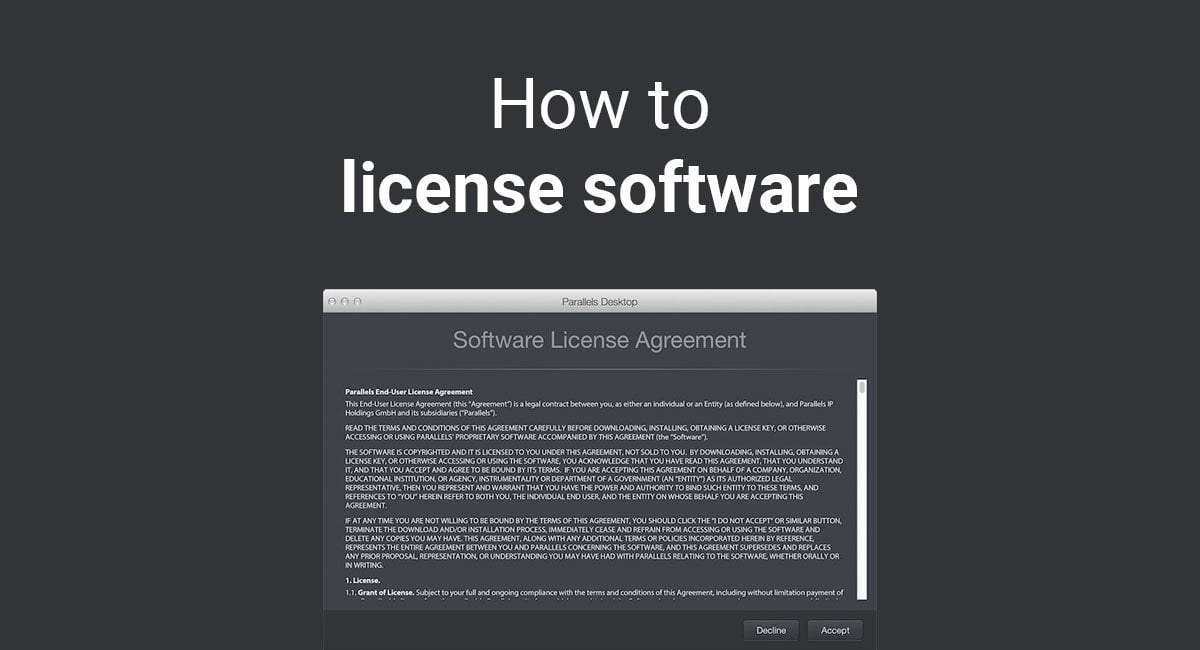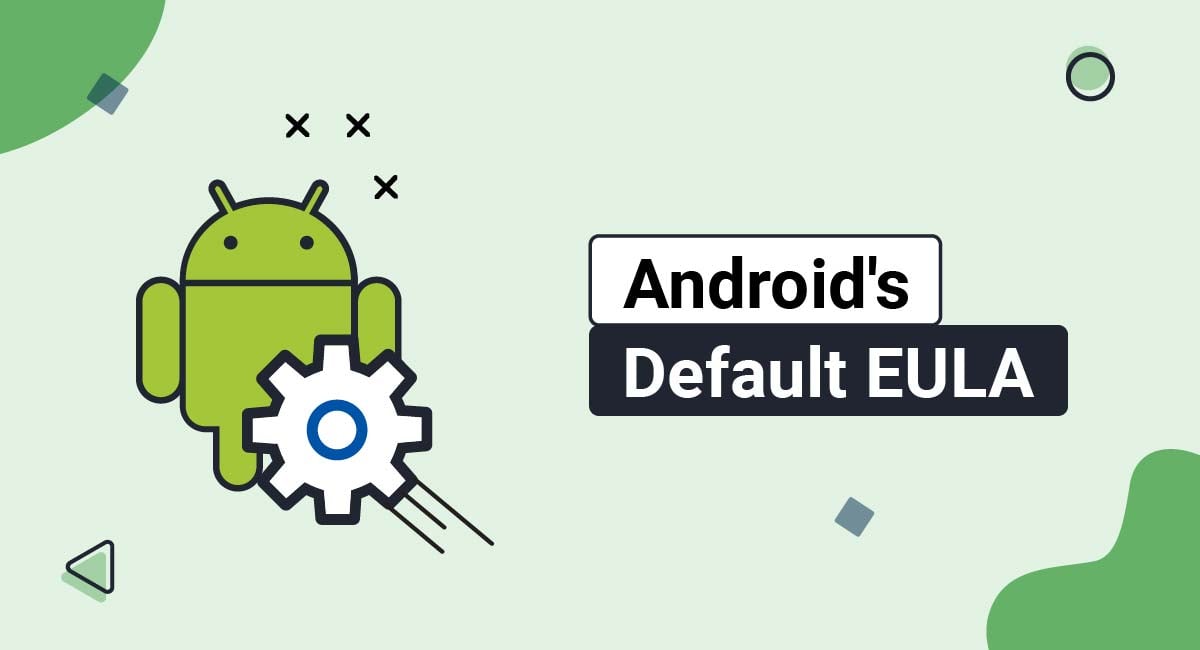Blog: EULA Agreements
Page 2
Navigate
-
EULA Agreements
-
Cookies Policy Agreements
-
Disclaimer Agreements
-
Privacy Policy Agreements
-
US Privacy Laws
-
Return Policy Agreements
-
Legal Requirements
-
EU Privacy Laws
-
Terms & Conditions Agreements
-
How to
-
Asia Privacy Laws
-
CA Privacy Laws
-
Consent
-
Templates
-
Consumer Privacy
-
AU Privacy Laws
-
LatAm Privacy Laws
-
Clauses
Custom EULA to Meet Apple's Minimum Requirements
While Apple provides a default EULA that you can choose to use for your iOS app, you may prefer to create a custom EULA. If you go this route, your custom EULA must meet 10 requirements. This article will explain what Apple requires, and how to create your own custom EULA...
Differences Between Common Legal Agreements
Legal agreements can help educate your users and protect your business. Understanding the differences between common legal agreements is essential in determining the right agreements for your business. This article explains the differences between common legal agreements, including Terms and Conditions agreements, Privacy Policies, End User License Agreements (EULA), Cookies...
EULA During Installation
An EULA, or End User License Agreement, is a legal contract between a publisher of a software application and the end user who uses that software application. The user is typically presented with the EULA during installation of the application. The EULA agreement contains the terms that the user must comply...
EULA for SaaS apps
An End-User License Agreement (EULA) is a legal agreement that gives the user of a software or application a license to use it, and the terms under which the granted license can be used. The EULA must be accepted before the user purchases, installs, or downloads the software or application...
How to License Software
Your choice of a license agreement for software application depends on on what you wish to grant to a user. While most software apps only use the End-User License Agreement (EULA), there are open source licenses that give users more discretion on how they use a software's code. This article is...
Android's Default EULA
An EULA (End User License Agreement) is an important document explaining the rights and restrictions pertaining to the use of software, including mobile applications. Android does not have a default EULA, nor does it require developers to create their own EULAs. Because of this, a lot of developers don't include EULAs...
